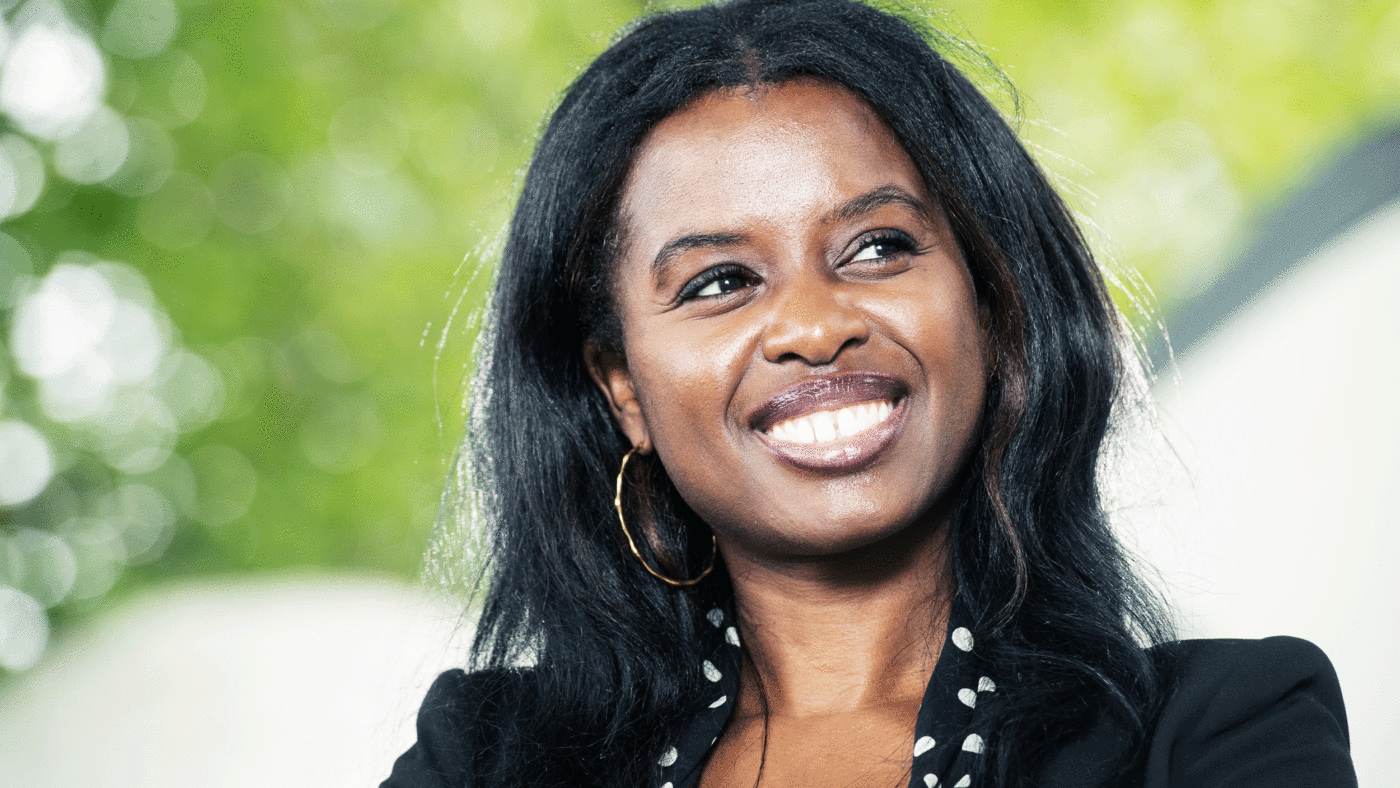I am only too eager to lambast the latest iteration of our so-called culture wars, and I invariably come down on the side of those who might broadly be described as sane. I’m usually against the social justice warriors who see offence in every aspect of our lives and history and want to cancel or ‘no platform’ anyone with an opinion that’s different from theirs.
Broadly speaking, I harbour the view that this current fashion for ‘my truth’ and ‘lived experience’, the tendency to seek to rewrite history and to slander historical figures for the crime of not possessing 21st century attitudes to race is no more than that – a fashion. No doubt it will, in due course, disappear when another more zeitgeisty indulgence appears on our shores (imported, like everything else, from the colonies).
And it was with some enthusiasm and expectation of finding a new target for my own particular brand of snark that I ventured onto the BBC website to take part in The Ally Track, where online participants can measure their own ‘privilege’ against that of others and, if they wish, to volunteer to be an ‘ally’ of groups whose own start in life might not have been as smooth as your own.
But within moments of logging on my scepticism quickly evaporated. The opening 20 questions, which you apply either to yourself or to a hypothetical (or real, come to that) alternative candidate made me consider how other people of a different sexuality, race or conflicted gender identity might approach the same exercise.
The questions were a cakewalk: ‘Is your player a man? Does your player identify as white? Does your player have any physical, social or learning disabilities?’
I was sailing through this! ‘Has your player ever been the only person of their race in a room at work? Has anyone ever assumed your player could not perform a task because of a disability? Has your player ever felt the need to lie about their sexuality to be accepted?’
At this point gravity did the job we pay it to do and the penny finally dropped. I know people – friends, colleagues – who would have given very different answers to these questions. Had I seriously considered their situation?
Because I take my own race and sexuality for granted, I have perhaps spent too little time considering the cultural hurdles that others have to leap. I’ve never been offended by a racist joke, except on behalf of others. Have I been brave enough, often enough, to speak out in defence of colleagues who might feel demeaned or humiliated by such ‘humour’? Is it enough to assume that if ‘it’s only a joke’ then others have little excuse to waste time being offended?
No, it’s not.
I don’t believe Britain is a particularly racist nation and certainly doesn’t qualify for the ‘institutionally racist’ label so beloved of journalists and academics and yet so misused and misunderstood since it first entered common usage in the wake of the inquiry into the racist murder of Stephen Lawrence.
I reject the notion that white people, particularly those (like me) from a poor or working class background, whose parents didn’t go to university, didn’t own their own home, who never went on foreign holidays and who had very little money to spend on clothes, let alone luxuries, are living the life of Riley at the expense of minorities. I have never suffered from ‘white guilt’, nor have I ever felt guilty at not so suffering. Since I’m not a racist, and since I have never personally owned slaves or benefited from the slave trade, I see no reason to prostrate myself or take a knee.
But just because there are so many charlatans seeking attention for their own views and, inevitably, their own expensive product or book, that doesn’t mean inequality itself can be ignored. It doesn’t mean that those of us who have found it easier to progress should not offer a helping hand, an encouraging word, friendship and support to those who are struggling.
This is the real danger of the culture wars. While much of what is said and written about critical race theory and gender ideology is so much harmful, illogical rubbish, and while there are undoubtedly a lot of people out there making a lot of money peddling untested and unscientific theories to credulous employers, there are also good, serious attempts being made to make life easier for people who, through no fault of their own, find the going harder than the rest of us.
The BBC have, inevitably, come in for a lot of abuse for their Ally Track test. It was developed by June Sarpong, the corporation’s Director of Creative Diversity. Yes, the title grates on my nerves too. But Sarpong herself is a talented and impressive individual who has found success where many, many of a similar background have foundered. She has done a good thing here. Life for some will be better as a result. I’m not going to knock that.
Click here to subscribe to our daily briefing – the best pieces from CapX and across the web.
CapX depends on the generosity of its readers. If you value what we do, please consider making a donation.


